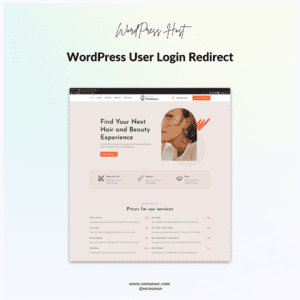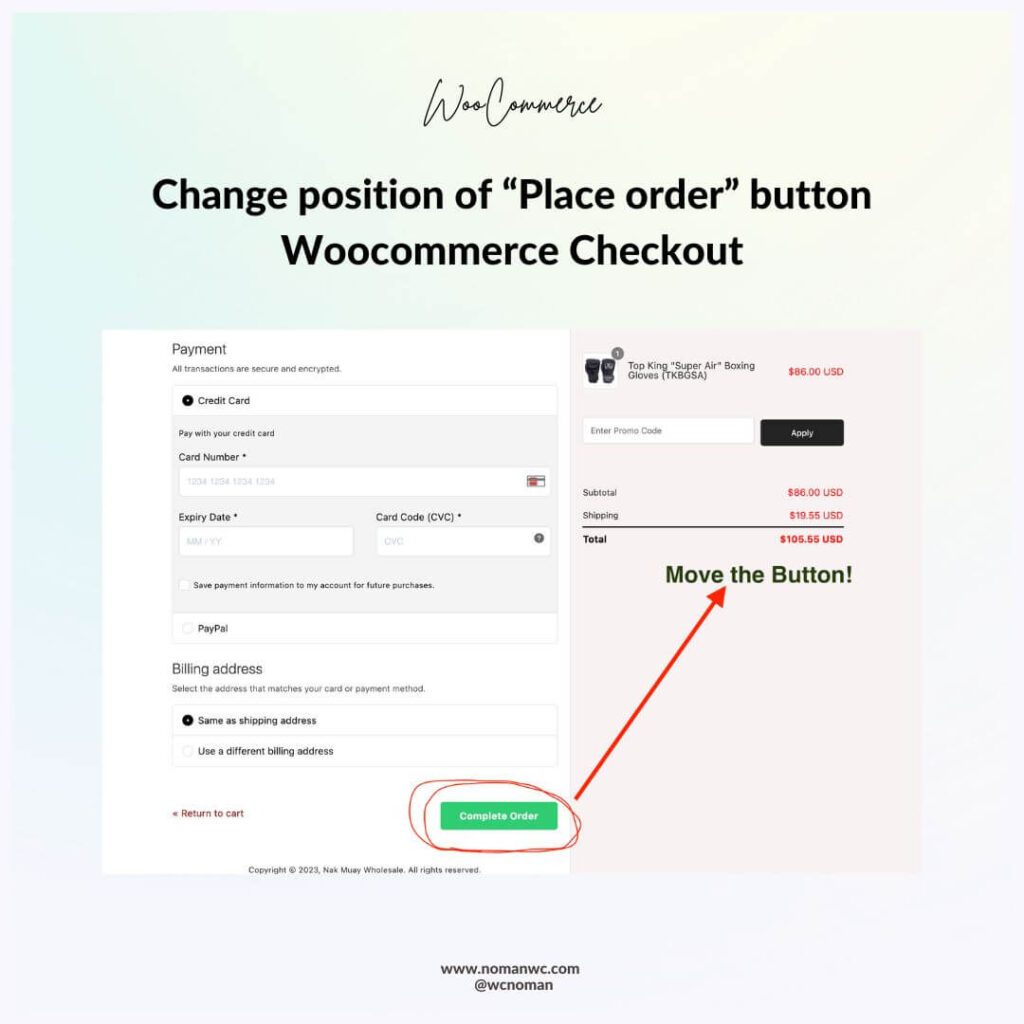Boost Your Website’s Performance and Security with These Simple Steps to Cleanup Your WordPress and WooCommerce Site
To ensure peak speed, increase security, and improve user experience, it’s critical as a website owner to routinely clean up your WordPress and WooCommerce website. We’ll provide you a step-by-step tutorial in this piece on how to clean up your WordPress and WooCommerce website.
- Delete Unused Plugins and Themes Unused plugins and themes take up valuable space and can slow down your website. Go through your installed plugins and themes and delete any that you’re no longer using. This will also reduce the risk of security vulnerabilities.
- Remove Spam Comments and Unapproved Comments Spam comments and unapproved comments can clog up your website’s database and affect its performance. Use a plugin like Akismet to filter out spam comments automatically, and manually delete any unapproved comments.
- Optimize Your Database Over time, your website’s database can become cluttered with unnecessary data, which can slow down your website. Use a plugin like WP-Optimize to clean up your database by removing post revisions, spam comments, and other unnecessary data.
- Compress Images Large images can slow down your website’s load time. Use an image compression plugin like Smush or ShortPixel to compress your images and reduce their file size without compromising on quality.
- Delete Unused Media Files Unused media files take up space on your server and can also slow down your website. Use a plugin like Media Cleaner to scan your website for unused media files and delete them.
- Update WordPress, Plugins, and Themes Regularly updating WordPress, plugins, and themes is essential for security and performance. Make sure to update your website regularly to ensure optimal performance and security.
- Implement a Caching Plugin A caching plugin can help to speed up your website by caching pages and reducing the load on your server. Use a caching plugin like WP Rocket or W3 Total Cache to improve your website’s performance.
To sum up, optimizing your WordPress and WooCommerce website for efficiency, security, and user experience is crucial. You can enhance the performance of your website and give your visitors a better user experience by deleting unused plugins and themes, getting rid of spam and unapproved comments, cleaning up your database, compressing images, deleting unused media files, updating WordPress, plugins, and themes, and using a caching plugin.
Similar posts

Fulltime freelance WordPress and WooCommerce Developer








